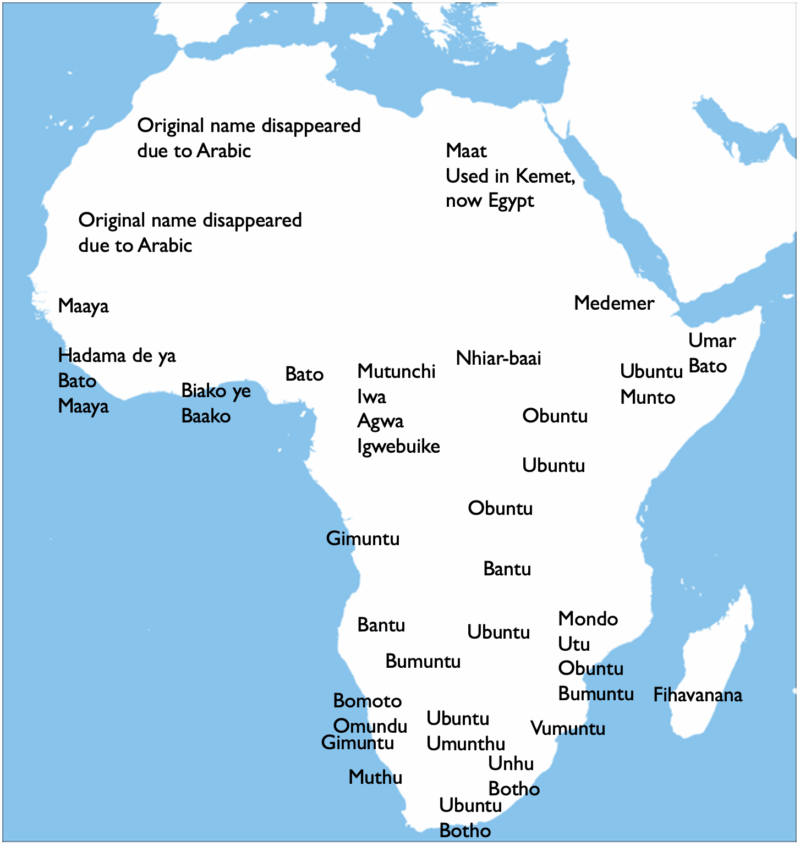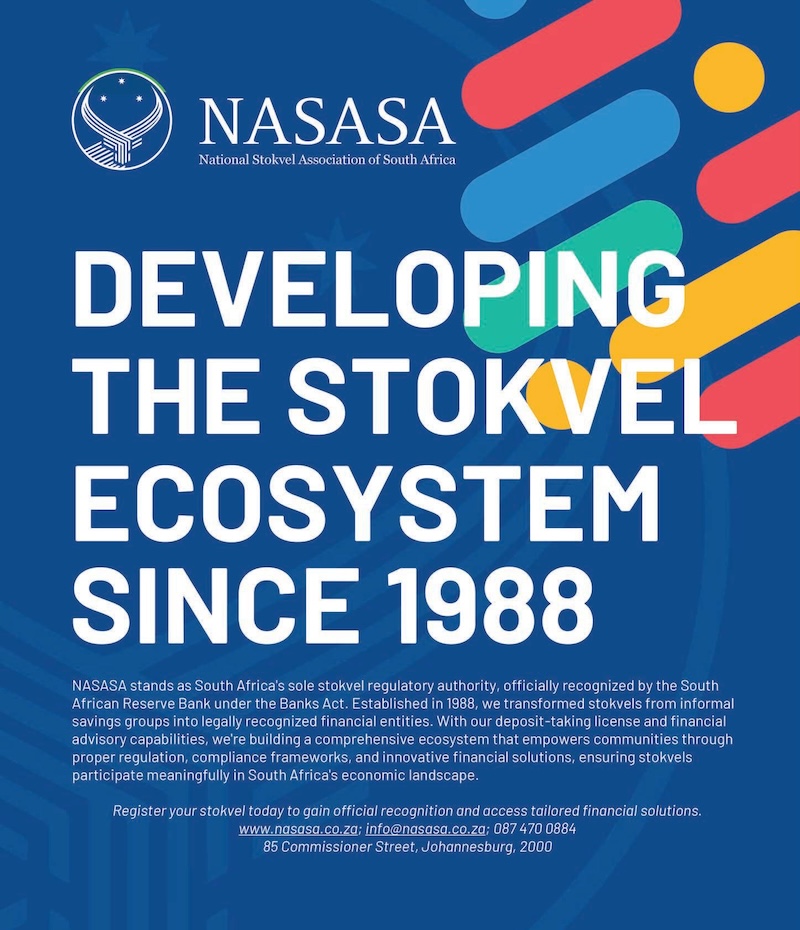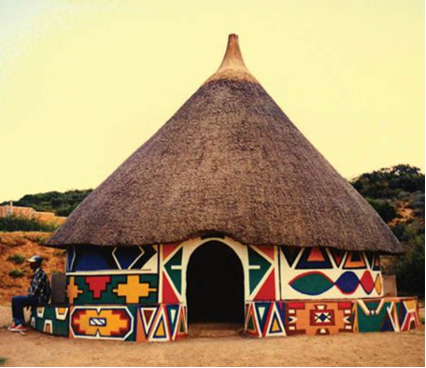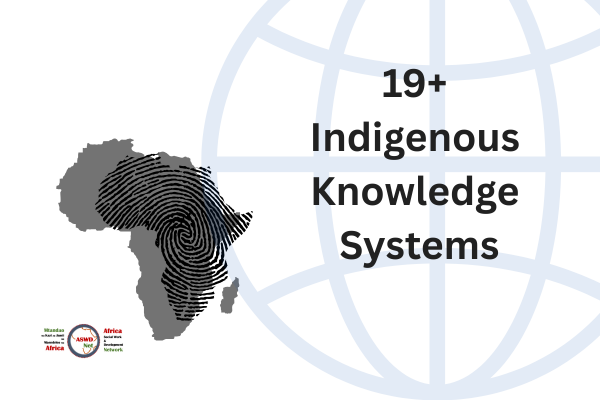
Questioning Faith and Power in the Struggle Song ‘Nkosi Sikelel’ iAfrika’
- A brief history of the song Nkosi Sikelel' iAfrika
- Religious framing from an Abrahamic perspective
- Representation of Africa as dependent and lacking
- Lack of African languages and concepts
- Western notions of family and community
- Lyrics in different languages
A brief history of the song Nkosi Sikelel’ iAfrika
Lord, bless Africa is an English adaptation of Nkosi Sikelel’ iAfrika, a hymn composed in 1897 by Enoch Sontonga in isiXhosa. Enoch was a teacher under colonial education and religion, and this influenced the meanings he could entrench into the song. It became a powerful liberation song across Africa. In South Africa, it forms part of the current national anthem. In Zambia, it was adopted as the national anthem upon independence in 1964, with new lyrics in English but retaining the melody. In Tanzania, it served as the national anthem (Mungu ibariki Afrika), translated into Swahili. Zimbabwe, Namibia, and other southern African countries also used it during liberation struggles. Today, versions of the song are still sung in churches, schools, and political gatherings, especially in southern and eastern Africa.
Religious framing from an Abrahamic perspective
The song draws entirely from Abrahamic religion, specifically Christian doctrine, using terms such as “Lord”, “Holy Spirit”, and “prayers”. These terms reflect the colonial imposition of foreign belief systems through missionary activity, which often displaced or suppressed indigenous African spiritualities. The repeated reference to the “Lord” shows complete alignment with Christian beliefs and ignores the African cosmologies and understandings of the divine. A name like Nkosi, used in some African hymns (e.g. Nkosi Sikelel’ iAfrika), at least attempts to blend local language with spirituality, while “God” could offer a more neutral, less doctrinal tone. In contrast, “Lord” reflects a feudal and foreign hierarchy, reinforcing colonial structures of power.
Representation of Africa as dependent and lacking
The lyrics continually ask for blessing—“Lord bless us”, “hear thou our prayers”—which places Africa in a passive, dependent position. This mirrors colonial narratives that portrayed the continent as spiritually, morally, and materially lacking. Such portrayals justified intervention and domination. From a decolonial point of view, Africa should be represented as resilient and spiritually grounded, drawing on its own traditions and ancestral wisdom rather than seeking external salvation.
Lack of African languages and concepts
The absence of philosophical concepts such as ubuntu, ujamaa, omoluwabi, maaya, ukama, uroho or references to African elders, ancestors and heroes reinforces the erasure of indigenous knowledge systems. A decolonised approach would centre African languages, idioms, and values to affirm cultural identity and continuity. The choice of concepts matters.
Western notions of family and community
The phrase “your family” reflects a Western, Christian theological view of community, rather than an African worldview grounded in communalism. African forms of social organisation—such as dare, imbizo, and indaba—emphasise collective responsibility, interconnectedness, and the role of elders and ancestors. The song could have drawn from these ideas to portray a more culturally authentic vision of unity and identity.
Lyrics in different languages
English
Lord, bless Africa
May her spirit rise high up
Hear thou our prayers
Lord bless us, Lord bless us.
Lord, bless Africa
May her spirit rise high up
Hear thou our prayers
Lord bless us, your family.
Descend, O Spirit
Descend, O Holy Spirit
Lord bless us, your family.
Shona
Ishe komborera Africa
Ngaisimudzirwe zita rayo
Inzwai miteuro yedu
Ishe komborera,
Isu, mhuri yayo.
Huya mweya
Huya mweya komborera
Huya mweya
Huya mweya komborera
Huya mweya
Huya mweya mutsvene
Uti komborere
Isu mhuri yayo.
Xhosa
Nkosi sikelel’ iAfrika
Maluphakanyisw’ uphondo lwayo
Yiva imithandazo yethu
Nkosi Sikelela Nkosi Sikelela
Nkosi sikelel’ iAfrika
Maluphakanyisw’ uphondo lwayo
Yizwa imithandazo yethu
Nkosi Sikelela
Thina lusapho lwayo.
Yihla moya, yihla moya
Yihla moya oyingcwele
Nkosi Sikelela
Thina lusapho lwayo.
Zulu
Nkosi, sikelel’ iAfrika,
Maluphakanyisw’ udumo lwayo;
Yizwa imithandazo yethu
Nkosi sikelela, Nkosi sikelela,
Nkosi, sikelel’ iAfrika,
Maluphakanyisw’ udumo lwayo;
Yizwa imithandazo yethu
Nkosi sikelela,
Nkosi sikelela,
Woza Moya (woza, woza),
Woza Moya (woza, woza),
Woza Moya, Oyingcwele.
Usisikelele, Thina lusapho lwayo.
Use the form below to subscibe to Owia Bulletin.
Discover more from Africa Social Work & Development Network | Mtandao waKazi zaJamii naMaendeleo waAfrika
Subscribe to get the latest posts sent to your email.



